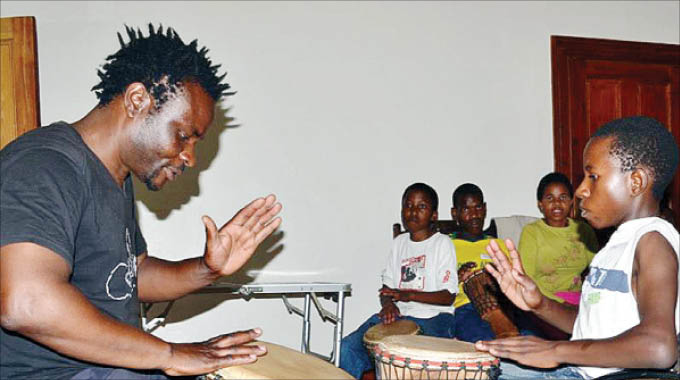Seed price dilemma farmers say prevailing retail input costs prohibitive

Prosper Ndlovu, Business Editor
AS preparations for the 2019/20 summer cropping season gather momentum, farmers are worried about the high cost of inputs at retail outlets, which are likely to frustrate adequate planting.
Recent regional and domestic meteorological forecasts have predicted normal rains with a bias towards above normal in some areas, which gives hope that the agriculture sector is set to record positive growth.
Although Government has set aside $3,6 billion to support the forthcoming cropping season, farmers say the prevailing retail input costs in many outlets are prohibitive.
Agriculture, Lands, Water and Climate Deputy Minister Vangelis Haritatos is on record as saying Government wants farmers to plant crops early and that procurement of inputs for both Command Agriculture and the Presidential Input Scheme was underway with distribution expected to commence by end of the month.
However, a snap survey conducted at local seed retail outlets has shown that the maize seed price is pegged between $100 to $116 for a 5kg bag, $220 to $250 for 10kg, $75 for 2kg and $700 to $750 for 25kg, depending on varieties and shops.
A 10kg of sugar bean seed goes for $156 while cowpeas seed is sold for $35 for 2kg and $75 for 5kg. Small grain seed like millet and sorghum goes for $35 for 2kg and $75 for 5kg. Meanwhile, a 50kg bag of fertiliser is sold for $325 for Compound D and $364 for Ammonium Nitrate.
Zimbabwe Farmers’ Union (ZFU) president Mr Abdul Nyathi said farmers across the country were worried about such levels of input costs and were pinning their hopes on Government intervention.
“The input prices we are seeing have taken farmers, both commercial and communal, off the radar when compared to what we are paid for selling our grain to GMB. As things stand there is no way farmers can plant when rains start. Even if you are to get a loan, it cannot match these price levels,” said Mr Nyathi.
“We are engaging Government and putting pressure for this issue to be addressed. The Ministry (Agriculture) is talking about Command Agriculture and the Presidential Input Scheme and we hope these will cover every individual farmer in the country. Otherwise without a subsidy, the high pricing means all farmers will stop buying from public outlets.”
Farmers have also expressed concern over fuel supplies that remain problematic with the pump price now pegged at $10,25 per litre. Fuel prices have been going up since beginning of the year.
Agronomist, Mr Dingaan Ndlovu, said the erosion of incomes following the switch to the local currency has resulted in widespread lack of capital and farmers have been the hardest hit.
“Poverty levels and general lack of capital affect cropping preparations. For this season what is aggravating the situation is that the economy is not well, prices keep going up but people’s incomes are stagnant, there is no liquidity,” he said.
“The incomes for communal farmers have been severely eroded and we are seeing a crisis in this area. Unless Government intervenes, the reality is that seed and fertiliser prices are beyond the reach of many. Imagine maize seed at $250 for 10kg and $750 for 25kg. In my view there is going to be a shortage created by high pricing and yet farmers need to plant as soon as rains come. There is also the price of diesel and supplies, which are not constant.”
Of the $3,6 billion set aside for Agriculture, Treasury has said $2,8 billion is reserved for Command Agriculture (maize and soya beans), $780 million for the Presidential Input Support Scheme and $120 million for the Agriculture Input Guarantee Scheme. Input schemes are set to chew up $1,9 billion. In order to wean the sector from rain-fed agriculture, particularly in the wake of climate change, $178 million has been channelled to irrigation developmen










Comments